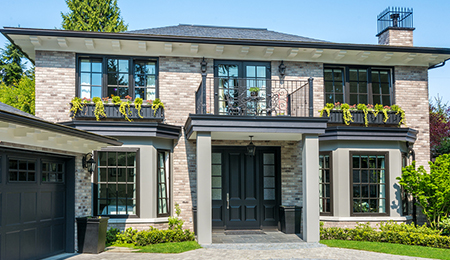In terms of real estate, most young people’s first purchases are primary residences. But what about investing in real estate at a young age? What is it like to own rental properties in your 20s or 30s? I can speak from experience because that’s what I did. Building a large portfolio of rentals is no easy task, but there are ways to get started on a small scale. What are some entry-level strategies?
1. House Hacking. One of the easiest ways to dip your toe into real estate investing is by “house hacking.” The basic concept is that you purchase a property and rent out parts of it to collect income and help offset your housing expenses. This strategy kills two birds with one stone by providing you with a primary residence and an opportunity to make money. Examples of house hacking include purchasing a two-bedroom condo and renting out one of the rooms or buying a multi-family and living in one unit and leasing the others. If you’re looking to build your real estate portfolio, house hacking is a great way to gain experience with landlording and property management.
“REIT stockholders earn a share of the income produced through the investment.”
2. Short-Term Rentals. Purchasing a property in an area that attracts tourists or receives an influx of seasonal visitors can be quite profitable. If you buy in a vacation town like Ocean City, you can get a premium rental rate during peak season. As long as you’re willing to stay on top of the high rental turnover, you can make a pretty penny.
3. Investing in REITs. If being a landlord doesn’t seem like a good fit, another more passive approach to get some skin in the game is to purchase REITs. A REIT (Real Estate Investment Trust) is a company that owns, operates, or finances income-producing properties such as apartment complexes, offices, shopping centers, hotels, etc. Modeled after mutual funds, REITs allow individuals to tap real estate the same way they would other industries — by investing in stock. As a REIT stockholder, you earn a share of the income produced through the real estate investment without actually having to go out and buy and manage property.
With any of these strategies, you need to ask yourself:
- Are you comfortable taking on risk?
- Are you comfortable tying up cash in a house?
- Will you be willing to ride out the low points?
- Are you willing to make some sacrifices?
- Do you have financial reserves?
If you have any questions for us or want to talk it through to get you the best resources to get the best advice, don’t hesitate to give us a call or send us an email today.



